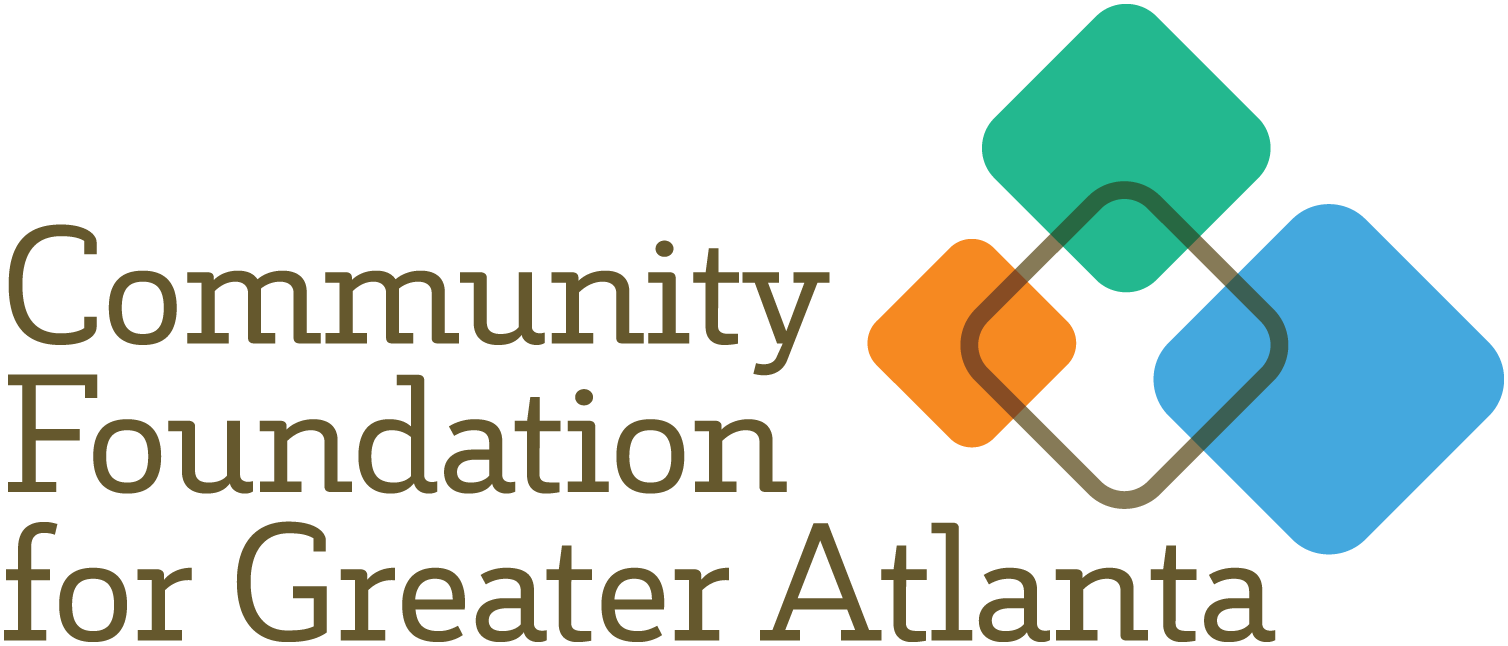
On Friday, March 27 President Trump signed the third COVID-19 relief package HR 748 – The Coronavirus Aid, Relief, & Economic Security Act (CARES). It’s estimated that the $2 trillion package will aid individuals ($560 billion), big corporations ($500 billion), small businesses ($377 billion), public health ($154 billion), safety net ($26 billion), state and local governments ($340 billion), and education/other ($44 billion).
The news has mostly focused on the rebate checks ($1,200 per adult and $500 per dependent child under age 17 for low and middle income individuals and families) and expanded Unemployment Insurance ($600 per week for four months on top of state UI).
Here are key highlights, thanks to an overview shared by United Way for Greater Atlanta, related to the nonprofit sector and those they strive to serve.
Nonprofit sector
- Nonprofits with fewer than 500 employees can access Emergency Small Business Loans, which may be forgiven in exchange for employee retention.
- Nonprofits that experienced a 50 percent revenue drop in 2020 first quarter compared to 2019 first quarter are eligible for fully refundable Employee Retention Payroll Tax Credits (up to $5,000 per employee). The credit can continue every quarter until revenue exceeds 80 percent of the same 2019 quarter. Nonprofits cannot access both these credits and the loan above.
- Economic Injury Disaster Loans (EIDL): Eliminates creditworthiness requirements and appropriates an additional $10 billion to the Small Business Administration’s EIDL program so that eligible nonprofits with 500 or fewer employees can get checks for $10,000 within three days.
Charitable Giving
- Non-itemizers can deduct up to $300 in cash charitable contributions to public charities, in addition to claiming the standard deduction.
- Deduction Limit. The cap on the annual charitable deduction increases from 60% to 100% of AGI for cash gifts to public charities.
- Corporate Giving. Deduction limits increase from 10% to 25% for cash gifts, and from 15% to 25% for gifts of food inventory.
Food
- SNAP (aka Food Stamps): $15.5 billion (without increasing benefits, which currently average about $1.40 per person per meal)
- Child Nutrition: $8.8 billion for meals to children while school is not in session
Health
- Public Health and Social Services Emergency Fund: $127 billion including $100 billion for grants to hospitals, public entities, not-for-profit entities to help cover unreimbursed health care-related expenses or lost revenue
- Disaster Relief: $45 billion to cover medical response, personal protective equipment, National Guard deployment, coordination of logistics, safety measures and community services
- Community Health Centers: $1.3 billion for existing grantees
- Mental Health Services: $425 million to increase access to services through Community Behavioral Health Clinics and suicide prevention programs and to support high-need persons, like the homeless
Housing
- Temporary Moratorium on Eviction Filings: For 120 days (starting March 27) landlords are prohibited from initiating legal action to recover possession of a rental unit or to assess fees, penalties, or other charges if the landlord’s mortgage on the property is insured, guaranteed, supplemented, protected, or assisted by HUD, Fannie Mae, Freddie Mac, the rural housing voucher program, or the Violence Against Women Act of 1994.
- HUD Emergency Solution Grants: $4 billion to support eviction prevention, rapid rehousing, housing counseling, and rental deposit assistance for those at risk of becoming or who are homeless.
- Rental Assistance: $3 billion to HUD housing providers to help individuals and families access or remain in housing.
Education
- Child Care: $3.5 billion for subsidized child care plus $750 million for Head Start
- Elementary and Secondary Education: $13.5 billion in formula-grants to states for distribution to local educational agencies for activities, like purchasing educational technology to support online learning.
- Discretionary funds for elementary and secondary education: $3 billion to states to support grants to local educational agencies
- Higher Education: $14.25 billion in emergency relief for higher ed institutions
- Student Loans: Federal loan payments deferred until October and employers can help payoff student loan debt by up to $5,230 annually on a tax-free basis.
The CARES Act also includes $150 billion in a new Coronavirus Relief Fund that states, and local governments with populations over 500,000, can draw down to meet 2020 COVID-19-related costs. It also contains $25 billion for mass transit systems, $5 billion for Community Development Block Grants, $1 billion in Community Services Block Grant and $400 million to prepare for 2020 elections.
Now attention must turn to the implementation of this far reaching CARES Act in Georgia and our region. Advocacy must also continue for additional needs – like health coverage, food assistance and continued state fiscal relief – in a fourth stimulus package expected later this spring.
Categories
- Arts, Culture and Creative Enterprises6
- Book Club26
- Community107
- COVID-1934
- Donor Stories39
- Events30
- Great Grant Stories62
- Higher Ground168
- Housing and Neighborhoods14
- Impact Investing28
- Income and Wealth12
- Media22
- News158
- Nonprofits24
- Philanthropic Resources131
- Place-focused6
- Power and Leadership8
- Press Releases99
- Publications62
- TogetherATL20
- Uncategorized335
